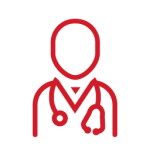Our clinical care ALS treatment services in St. Louis include clinicians from a range of disciplines and specialties, who work together to provide innovative therapies, exceptional care, and ongoing support. From education to ongoing clinical care, neurological assessment to clinical trials, you’ll experience an individualized and comprehensive plan.
ALS Patient Services

Social Work
Social Workers focus on the practical aspects of coping with illness, such as financial issues, equipment, housing needs, transportation, and counseling.
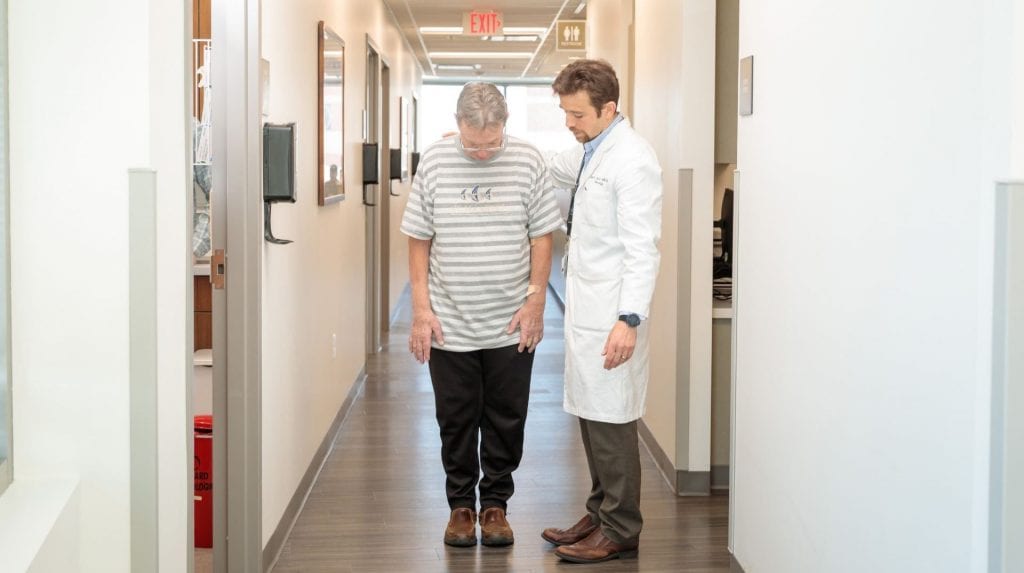
Physical Therapy
Physical therapy provides many services and options for people diagnosed with ALS, which has the tendency to change one’s physical status over time and affects individuals in different ways.
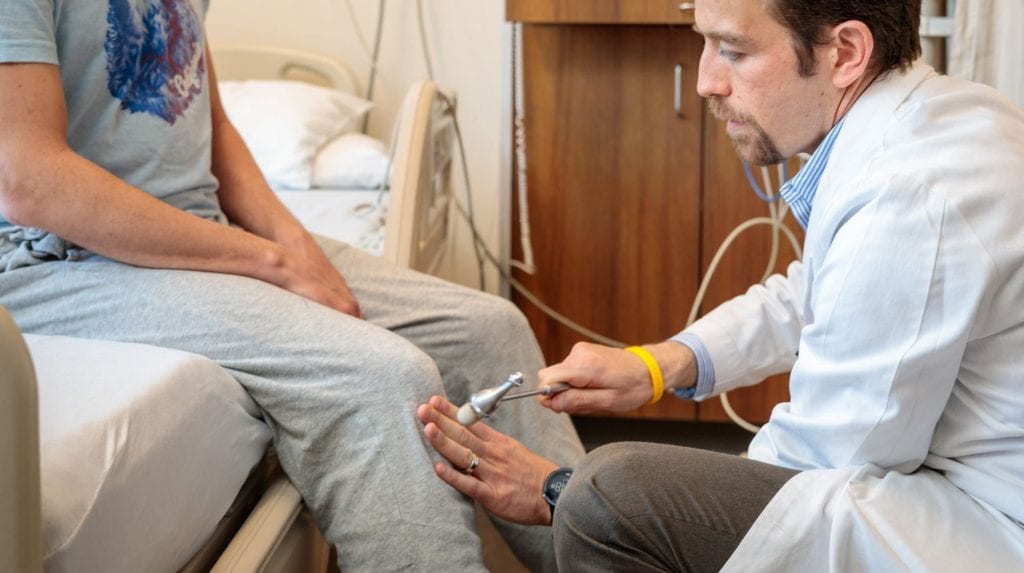
Wheelchair Seating & Mobility
Mobility Professionals analyze needs and assist in the selection of appropriate assistive technology and provide training and education for the proper use of the equipment.
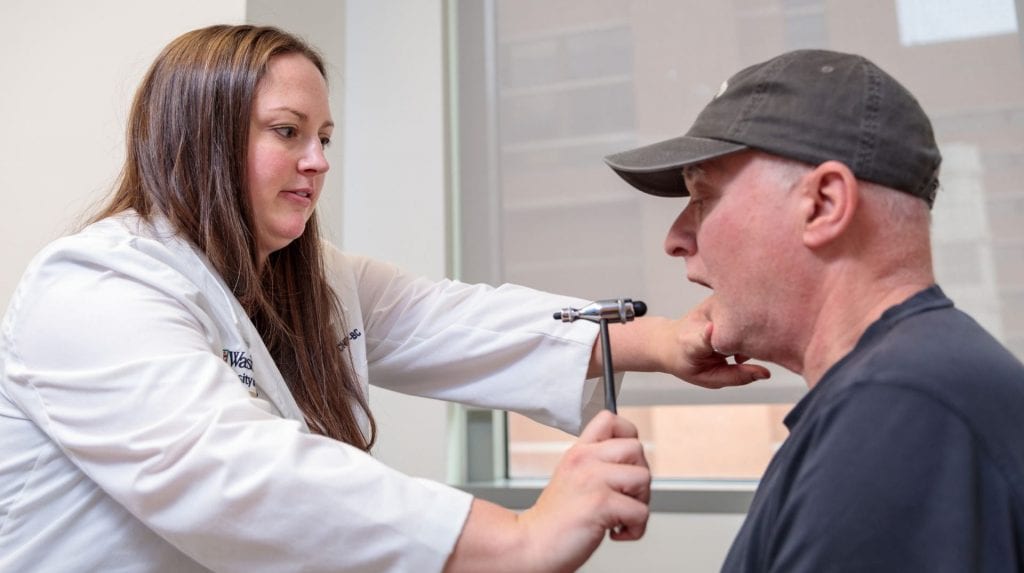
Speech Therapy
The Speech Therapist provides evaluation and treatment to address both progressive dysarthria of speech (slurred speech) and dysphagia (swallowing problems). Our goal is to be proactive about these needs.
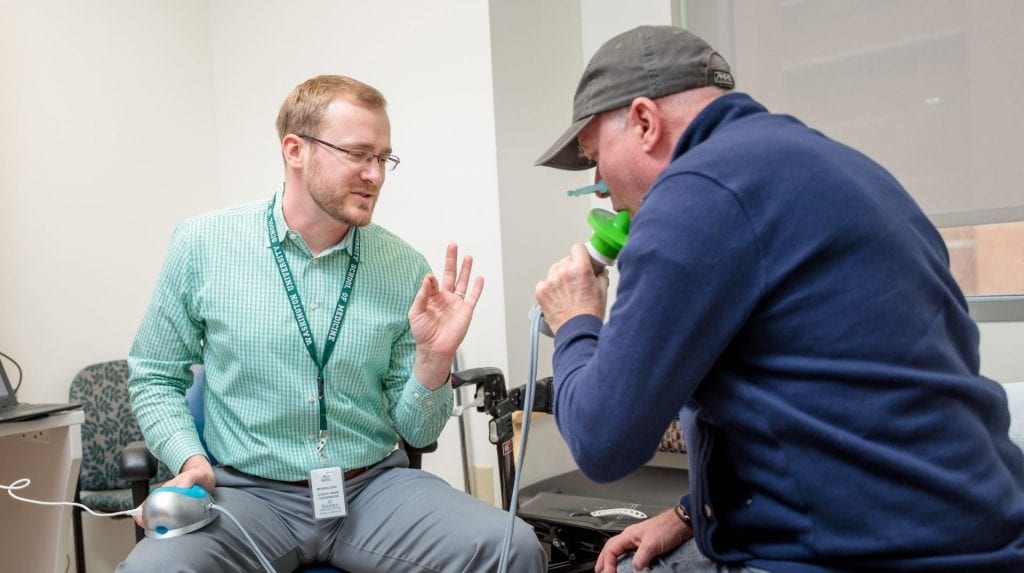
Respiratory Care
At each clinic visit, breathing function is carefully monitored. The ALS Center partners with the sleep center at Washington University to provide support for breathing to help maintain function and maximize comfort.
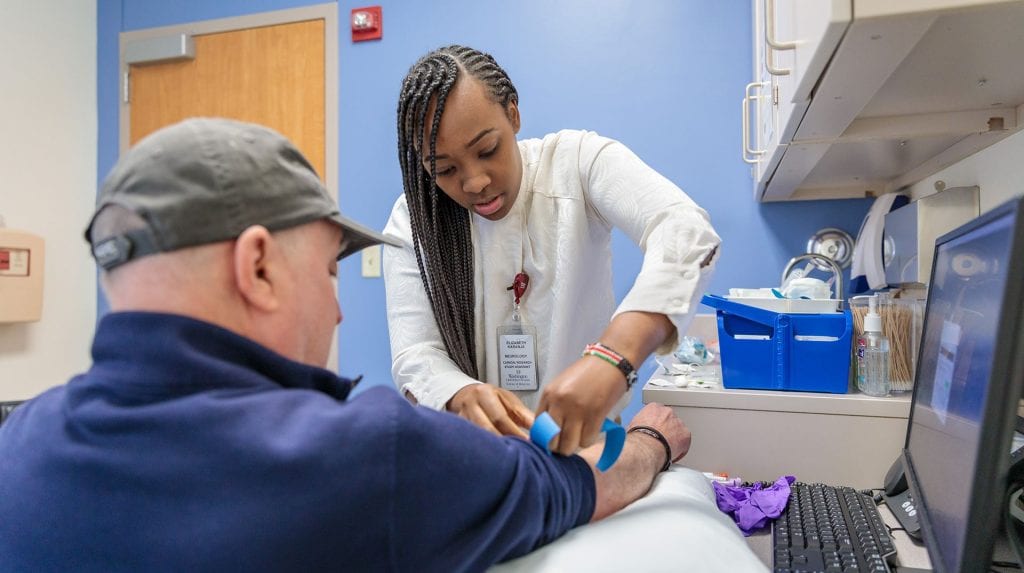
Dietary Services
The Dietician’s role on the ALS interdisciplinary team is to help the patients maintain and/or achieve good nutritional status throughout the disease process. Nutrition plays an important role in maintaining quality of life.
The clinical consultation involves education on all aspects of ALS, ongoing clinical care, orientation to the multidisciplinary clinical approach, neurological assessment, discussion of ongoing and upcoming clinical trials, and an individualized treatment plan of care. Through the educational process, the patient and family members become knowledgeable and empowered as team members in making the many necessary medical decisions during the course of the disease.
